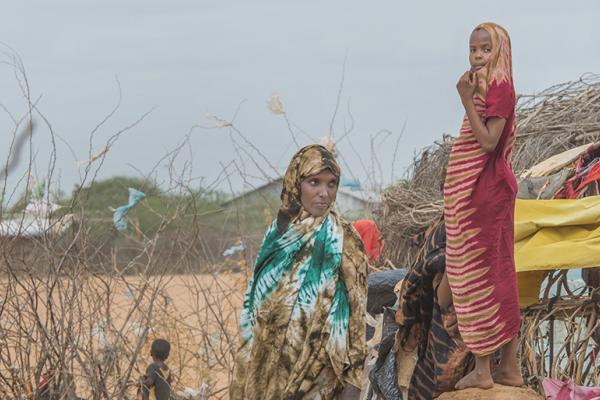Filter by
News (467)
RSS
To help address the difficult humanitarian situation in Sudan, the European Commission and Member States have pledged €522 million in aid for 2025 at the High-level Conference for Sudan, co-hosted in London today by the Commission alongside the United Kingdom, France, Germany and the African Union.

People affected by humanitarian crises in the Greater Horn of Africa and in West and Central Africa will receive €258 million in EU humanitarian aid from the Commission to address their urgent needs.

Commissioner for Equality, Preparedness and Crisis Management, Hadja Lahbib is today in Chad, where she is visiting several EU-funded projects in the country, including those assisting Sudanese refugees.

The European Commission will provide an initial humanitarian aid allocation of €41 million for the Southern Africa and Indian Ocean in 2025 – an area facing simultaneously natural hazards and conflict.

Following the devastating 7.7 magnitude earthquake on 28 March 2025, the European Commission is allocating an additional €10 million in humanitarian aid.

The European Commission has pledged a further €40 million in humanitarian assistance for the Democratic Republic of Congo (DRC), subject to the approval of the budgetary authority.

Following the 7.7 magnitude earthquake that struck Myanmar and the broader region last Friday, the EU is channelling further assistance to strengthen relief efforts.

As the Nutrition for Growth Summit draws to a close in Paris today, Team Europe is reinforcing its leadership and commitment to fighting the global malnutrition crisis. Taken together, the Team Europe commitments amount to at least €6.5 billion between 2024 and 2029.

In an immediate response after the deadly 7.7 magnitude earthquake that has struck Myanmar and the broader region today, the EU is releasing €2.5 million in initial emergency assistance.

Today, at the Nutrition for Growth (N4G) Summit in Paris, the European Commission announced a new pledge of €3.4 billion until 2027 to combat malnutrition globally.
